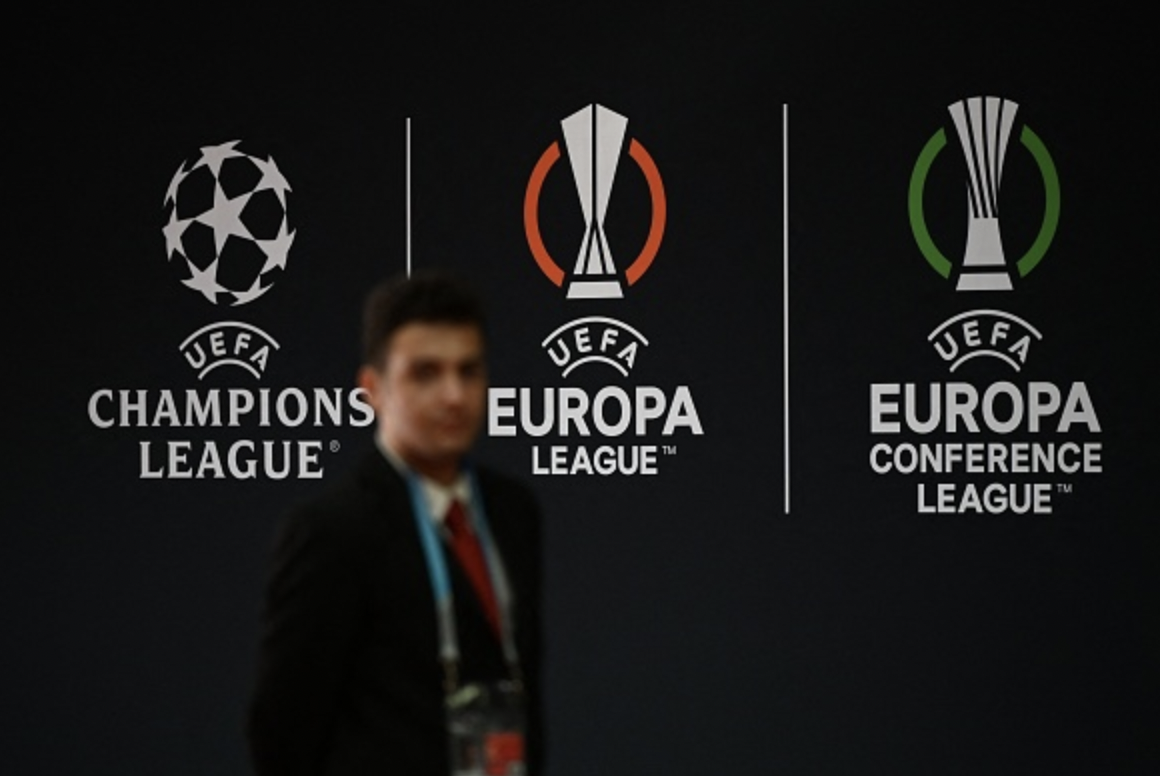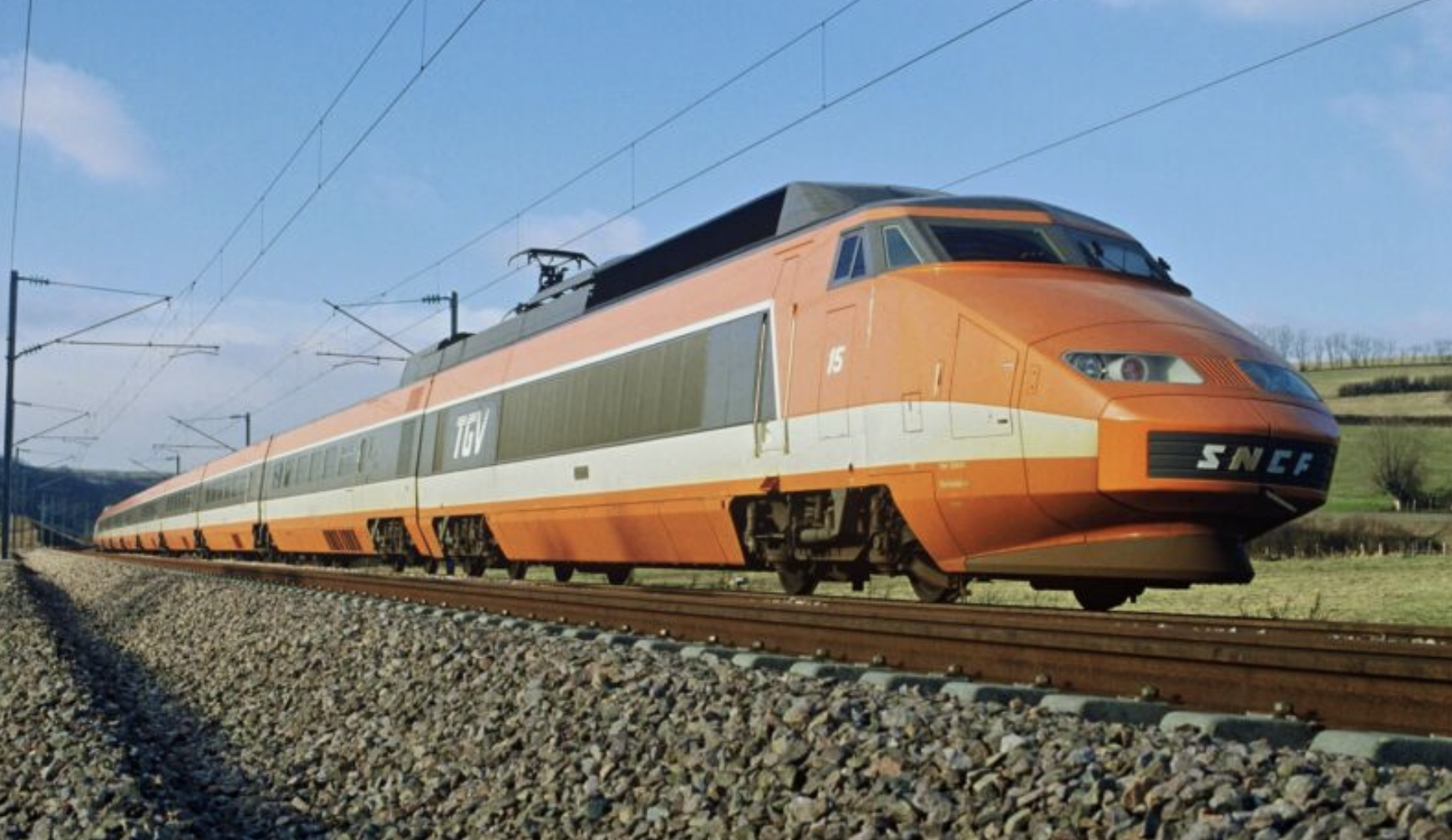September 7, 2022
The brief from today:
Bayern Munich’s €50 million payday
Bundesliga champions, Bayern Munich, are set to earn a hefty €50 million just for appearing in the Champions League today. Bayern have been drawn into the toughest group alongside Inter, Barcelona, and Viktoria Plzen, but their track record in Europe over the past decade will soften that blow—at least financially. Europe’s governing body, UEFA, regularly divides the revenue earned from sponsorships and TV contracts into prize money, and the distribution is based on a team’s coefficient rank over a 10-year period. Within that time frame Bayern have not only performed well, they’ve actually won the Champions League twice—2013 and 2020—and reached the semifinal four other times not counting those two victorious years. As a result of their performances, their coefficient rank is currently second, behind only Real Madrid who dominated the competition in the 2010s. This second place ranking means Bayern will now receive €50 million at the offset of this season’s Champions League group stage, which includes the customary €15 million as a group stage entry, as well as €35 million for their coefficient rank. That’s the money Bayern stands to earn before play has even commenced, but there is still more that can be garnered once the competition gets underway. In addition to that initial payout, Bayern—like all other participants—will receive a €900 thousand bonus for each group stage draw, and €2.8 million after every win. For teams that advance to the first knockout round, their prize money is roughly €9.6 million, while a quarter final and semifinal appearance rake in €10.6 million and €12.5 million respectively. Lastly, a place in the final is rewarded with a €15.5 million bonus, plus an extra €4.5 million for the champion. So while a majority of those rewards require progression deeper into the competition, €50 million to start things off is no small figure, especially considering Bayern already commands vast amounts of revenue from other sources.
UEFA club competitions issue payouts to clubs with the Champions League’s being the most lucrative
Climate change squabble in France
PSG drew the ire of many in France this past weekend following their chartering of a plane for their away game versus Nantes. The reason for the backlash was the fact that the flight time for that trip is roughly one hour, while using the SNCF—France’s high speed train network—would have only been one hour more. France’s sports ministry recently disclosed that they were debating banning evening sporting events due to the impact on the climate from energy use at night, so this PSG flight was bound to provoke a negative reaction from the public. During a press conference before PSG’s Champions League match against Juventus, one reporter told coach, Christophe Galtier, that the head of the SNCF said they could handle PSG’s shorter away trips in the future if need be. In response to the comment, Galtier cheekily said the team were considering “sand yachts” as their mode of transportation for future road matches. This casual joke amplified the anger of the public even further with even the Prime Minister criticizing the team and manager’s conduct. Galtier has since apologized for his joke, and the club have also started discussions with the SNCF to possibly utilize their services. This was too little too late, however, as the damage was already done, and legislators now intend to escalate the matter in the French Senate. The Green Party plans to introduce a bill that will prohibit teams from chartering planes for destinations that are reachable by train in less than 150 minutes. The title of the bill is reportedly going to include PSG in some form or fashion, and it seems France are truly making a concerted effort to combat the climate change issue.
SNCF’s high speed train, the TGV, is what Ligue 1 teams may have to use more for some away matches



